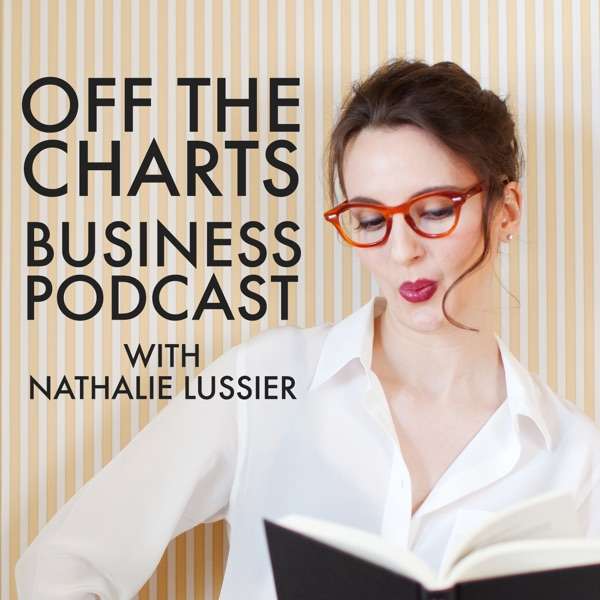💬 Show Notes
Join us in this episode as we delve into the complexities of retirement planning with Dr. Daniel Crosby, author of The Soul of Wealth. Discover the importance of learning what to ignore and how to trust your inner voice amidst the noise. We also explore the nuances of health management with Dr. Bobby Dubois, discussing how to tailor your health journey to your unique style. Plus, get a sneak peek into the upcoming Retirement Plan Live case study and exciting changes for the show in 2025.
(00:30) Today we are going to talk to Doctor Daniel Crosby and Doctor Bobby Dubois
(04:20) Retirement Plan Live starts in January. We will have two subjects this go round, both are retiring single, with no children.
(05:30) In 2025, the show will be more focused on retirement.
INTERVIEW WITH DANIEL CROSBY
(06:20) Welcome Doctor Daniel Crosby to the show.
(07:00) We are going to focus on a chapter in The Soul of Wealth, Learning What to Ignore.
(08:15) Daniel: I feel like our attention is being pulled in negative ways...We live in a world where we are utterly unprepared for the amount of information coming our way.
(10:35) Daniel: Going back to the top of your funnel and figuring out what you want can be deeply obscured by focusing on the wrong thing.
(12:35) Daniel: The reason that we are at the top of the food chain is our ability to work cooperatively together and part of working together is benchmarking with each other.
(13:20) Roger: Whatever your vision is should be a reflection of your values.
(17:55) Roger: We have to know what to pay attention to when it comes to practical planning so we don't spend too much time focusing on the wrong thing. What are those filtering questions?
(19:05) Question 1: Do you have a reason to believe the accuracy of this information?
(21:31) Question 2: What is the motivation of the person giving forecast or information?
(26:20) Daniel: That which we obtain too easily, we esteem too lightly.
(27:15) Question 3: Will I care about this in the next 5 years?
(29:29) Daniel: “Given the state of everything,” is kind of how everyone feels all the time.
(30:30) Last question: Does this matter to my finances or my soul?
(33:40) Daniel: When people look back on their lives, they don’t care about work and money all that much.
INTERVIEW WITH DR BOBBY DUBOIS
(35:50) Dr. Bobby Dubois joins us to talk about energy and retirement.
(36:41) Today we are going to talk about HOW we approach our health.
(38:06) Bobby: One size fits all doesn't reflect our personality types. How things motivate us are not the same from one person to another.
(40:02) Roger: Quote from Neal Stephenson might apply to today's longevity discussion. Most of us are too busy living our lives to think about longevity.
(41:35) Bobby: There are five different health types and there's a quiz to identify them
(42:11) Bobby: The first type is the holistic health hacker, wellness is front and center.
(43:52) Bobby: Next is single minded achievers, they focus on one or two things and can get tunnel vision.
(45:55) Bobby: Purposeful path planners are folks who are motivated about their health but can get overwhelmed by information.
(47:39) Bobby: Contentment creators have mastered the art of enjoying life. Life is front and center and health is secondary.
(49:40) The last type is the smallest in my database, hopeful health seekers. They keep at it and don’t give up but they haven’t found the way toward health.
(51:17) Bobby talks about Roger being a purposeful path planner.
(55:36) Roger: There's a difference between deciding, indecisive, and undecided
(59:40) Your health type may change over time.
SMART SPRINT
(01:05:42) IN the next seven days, I challenge you to use Dr Crosby’s focusing questions to strengthen the muscle around what you should pay attention to and what you should ignore.
BONUS
(01:06:23) All right, mission number seven and eight, July 8, 1944. Ship number 188, sortie 5th Vienna
Show notes created by https://headliner.app
Rational optimism
✍️ Episode References
Dr. Daniel Crosby
https://www.danielcrosby.com/
The Soul of Wealth
https://harriman.house/books/the-soul-of-wealth/
Dr. Bobby Dubois
https://www.drbobbylivelongandwell.com/
James Clear
https://jamesclear.com/
Cal Newport
https://www.calnewport.com/books/deep-work/
The Rational Optimist: How Prosperity Evolves- Matt Ridley
https://www.amazon.com/Rational-Optimist-Prosperity-Evolves-P-s/dp/0061452068

 Our TOPPODCAST Picks
Our TOPPODCAST Picks  Stay Connected
Stay Connected







